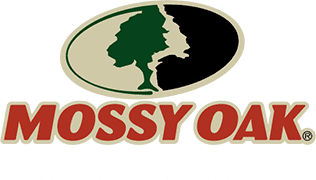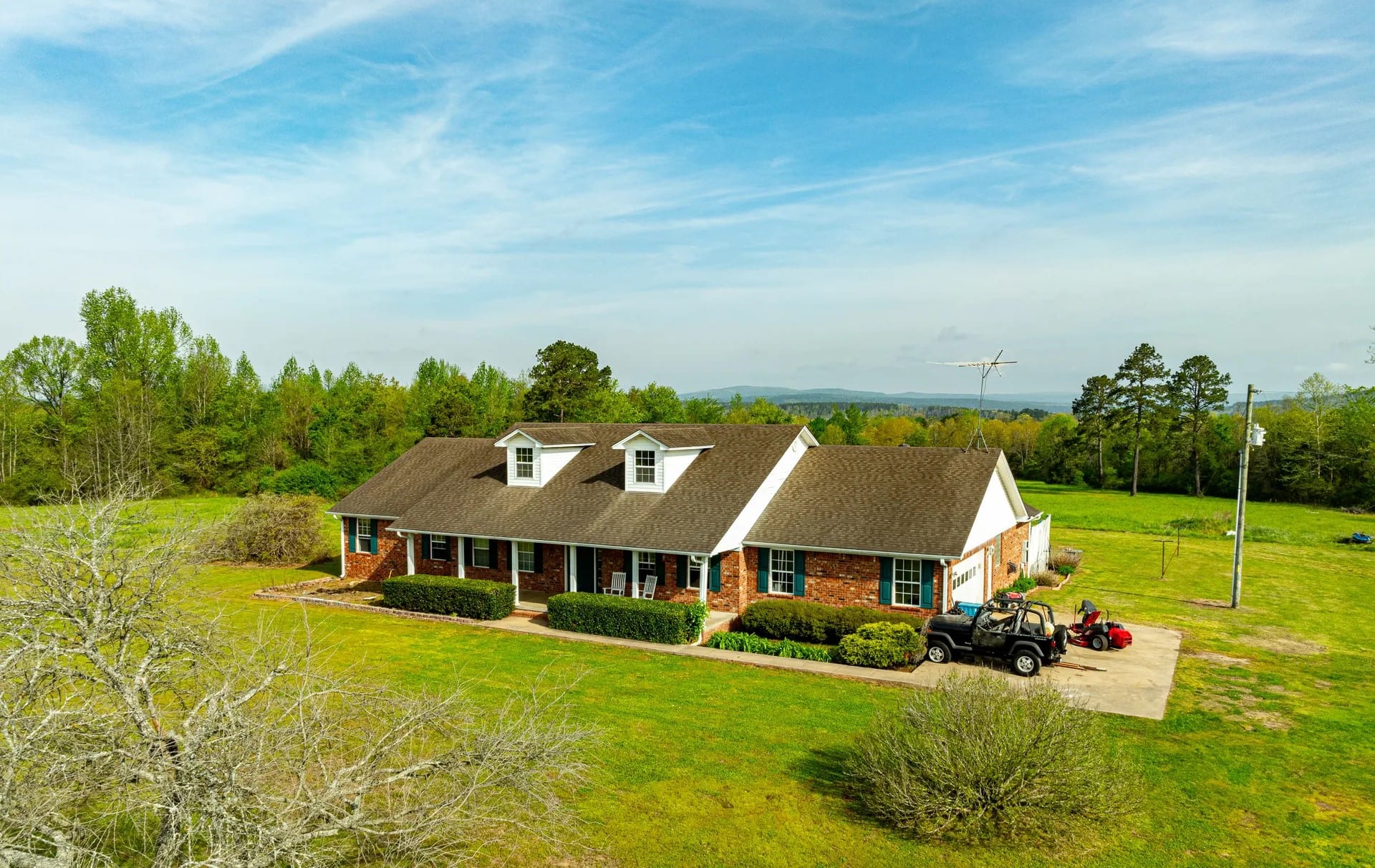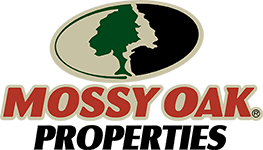Arkansas has beautiful terrain, rich natural resources, and a growing economy. The land market in Arkansas reflects these characteristics, as well as the demand and supply of different types of land across the state. As of 2023, the average land price for an acre of land in Arkansas sits around $3,680 for irrigated cropland and $2,360 for Non-irrigated cropland, according to the National Agricultural Statistics Service (NASS). However, this figure shows significant variations based on location, land type, and its intended use.
Regional Differences in Arkansas Land Prices
- Price: The average price per acre in this region is $8,500, making it the most expensive region in the state.
- Reason: Booming economy and scenic beauty.
- Features: Thriving cities, Ozark Mountains, lakes, rivers.
2. The Ozarks:
- Price: Land prices typically range around $4,000 per acre.
- Reason: A sought-after region known for its mountains, lakes, and rivers.
- Features: Incredible mountains, beautiful lakes, abundant wildlife, national parks.
3. Delta Region:
- Price: The average price per acre in this region is $3,000.
- Reason: Dominated by fertile farmland.
- Features: Rich, alluvial soil, ideal for agriculture (rice, soybeans, cotton), waterfowl hunting, fishing.
4. Central Arkansas:
- Price: Land prices range around $3,500 per acre, depending on proximity to major population centers and development potential.
- Reason: Offers a mix of rural and urban environments.
- Features: Vast hills, forests, rivers, proximity to major cities like Little Rock.
Factors Affecting Land Prices in Arkansas
1. Land use:
The type and intensity of land use affect the value of the land, as different uses have different returns and risks. For example:
- Agricultural land can generate income from crop production, livestock grazing, or leasing to farmers. Still, it requires inputs such as fertilizers, seeds, and labor, and it is vulnerable to weather and market fluctuations.
- Residential land can appreciate as the population and demand for housing increase, but it also involves costs such as taxes, maintenance, and utilities.
- Commercial land can offer high returns from business activities, but it also faces competition, regulation, and zoning issues.
- Recreational land can provide enjoyment and relaxation, but it may not have the same steady income stream or growth potential as the other types of land.
2. Accessibility:
The ease and cost of accessing the land impacts its value, as land closer to major roads, highways, airports, or urban centers is more likely to have higher demand and price than remote or isolated land. However, accessibility can also have adverse effects on land value, such as increased traffic, noise, or pollution.
3. Natural resources
Natural resources on a piece of land affect its value significantly. Land that has water sources, timber, minerals, wildlife, or natural views can have higher demand and price than land that lacks these features. Natural resources can provide income, conservation, or aesthetic benefits to the landowner, depending on the type and use of the resource. However, environmental regulations and extraction costs of natural resources can also pose challenges or risks to land value.
Investment Opportunities in Arkansas Land
Arkansas land can offer attractive investment opportunities for individuals who are looking for reliable assets that can provide long-term returns, diversification, and stability. Investing in Arkansas land can have several advantages, such as:
1. Potential for appreciation
Land is finite, so its value increases over time as the demand for land exceeds the supply. This is especially true for land located in areas with high population growth, economic development, or natural amenities. According to the USDA, Arkansas land has appreciated by an average of 6.5% annually over the past 20 years, outperforming the S&P 500 index, which has appreciated by an average of 5.9% annually over the same period.
2. Rental income
Depending on the type and quality of the land, the rental income can vary from a few dollars to hundreds per acre per year. For example, according to the USDA National Agricultural Statistics Service, the average cash rent for cropland in Arkansas was $119 per acre in 2023, while the average cash rent for pastureland was $21 per acre.
3. Influence of economic and demographic trends
Arkansas’ land value should continue to increase as the state’s economy and society change and grow. For example, land near growing cities will be more valuable as people and businesses need more space. Farm land can be a great investment as demand for food and resources around the world increases. Land with wildlife and scenic views are valuable as more people want to enjoy nature and protect it. Land with technology may have increased value as its resources become more productive and sustainable.
Guide for Prospective Land Buyers in Arkansas
1. Explore your financing options:
- Compare different types of loans, such as farm, rural development, or conventional.
- Choose the best option based on the requirements, terms, and interest rates.
- Prepare your financial documents, such as income statements, tax returns, and credit reports, to show lenders.
2. Conduct a land survey and inspection:
- Check the boundaries, features, and condition of the land.
- Verify the size, shape, and location of the land, and any easements, encroachments, or restrictions on the land.
- Assess the quality, productivity, and potential problems of the land, such as soil, water, timber, minerals, or wildlife.
3. Navigate the buying process effectively:
- Consult with professionals, such as lawyers, accountants, appraisers, and agents, to help you with the legal, financial, and environmental aspects of the land deal.
- Negotiate the best price and terms for the land, and close the deal as soon as possible.
- Follow the rules and regulations of the government, such as zoning, taxation, conservation, or development, that affect the land use or value.
If you need more guidance or assistance in buying land in Arkansas, contact Mossy Oak Properties, a trusted and experienced land broker in the state. We have a wide range of land for sale in Arkansas. You can browse our listings or contact us for more information. We would love to help you find your ideal land in Arkansas.
REFERENCES:
- National Agricultural Statistics Service:
https://www.nass.usda.gov/Statistics_by_State/Arkansas/Publications/Economic_and_Demographic_Releases/Land_Values/areconvalu.pdf - Progressive Farmer:
https://www.dtnpf.com/agriculture/web/ag/news/business-inputs/article/2023/12/21/farmland-values-expected-remain-near - Ag Insider Farm Bureau Arkansas:
https://www.arfb.com/uploads/pages/aginsider_arkansas_land_values_feb.2023.pdf


